Post Traumatic Stress Disorder is tough to deal with, and there’s no two ways about it, but going from surviving to thriving mode is not impossible.
One day you wake up and you are completely disrupted by life itself. Your blood pressure has risen. Fear is all you can feel. The fear is intense; for you, now, it is real.
Your ears don’t stop ringing; the only change are the frequencies you hear ringing.
You’re dizzy and lightheaded.
Panic attacks become part of your day. Your heart feels like it’s going crazy; racing, pounding. Your breathing is so erratic that your chest hurts. It feels like your heart is bleeding.
Your body is exhausted but your mind doesn’t stop thinking. The crying doesn’t stop. You have an empty feeling inside. You feel nauseous all the time. Your body no longer asks for food or drink and becomes weaker. The scale shows that you’ve lost 10 kilos in the past month.
You want to leave; to get far away from yourself. You hope for sleep but the nightmares and sleep paralysis don’t allow you much. When you do get some sleep, you wake up in a bed full of sweat, always.
It is a vicious circle. You feel powerless and it begins to feel normal.
You want to talk about it, but most people will tell you to get over it. Suck it UP. The invisible wounds cannot be seen by anyone else. You lose people.
Months pass and in the meantime you have completely lost yourself. The vagueness of body and mind gets intense.
You simply stare out in front of yourself but no information comes in anymore. You feel lost, emotionally broken. The suffering is great. You hope that God will come to save you, to take you away, to bring the beautiful quiet again.
Welcome to life with a post traumatic stress syndrome.
‘In rock bottom I find myself’ – Soul of minds
Here’s How You Can Go From Surviving to Thriving
1. In rock bottom I find myself.
The suffering gives insight. You find your true self in the suffering. Only once you have a toothache can you appreciate the feeling of no toothache. It’s the same with inner happiness.
At rock bottom you can clearly see what is left of you, making it easier to see what you really want out of life. Rock bottom is a new beginning! There, you get more insights into the relationships around you and you get a different view of life. Eventually, you see what happiness could be.
Related: You Can Get PTSD From Staying In An Emotionally Abusive Relationship
2. Connections with people.
At rock bottom, you have become very good at being alone but the people you trust mean a lot to you. You want to show them how you feel, but sometimes they have to give you space.
Fortunately, you become very selective in choosing the right people. Being told to suck it up isn’t something you want to hear anymore. Those aren’t you people anymore. You will lose some people and that makes room to find some people; trust is the key.
3. You accept your limits.
It’s a long climb back up and you will learn many lessons along the way. You can still feel the pain of your trauma while you are getting used to the ‘new’ you you are forming. You will still have ‘off’ days. You are still recovering and you must accept yourself while you are becoming the new you.
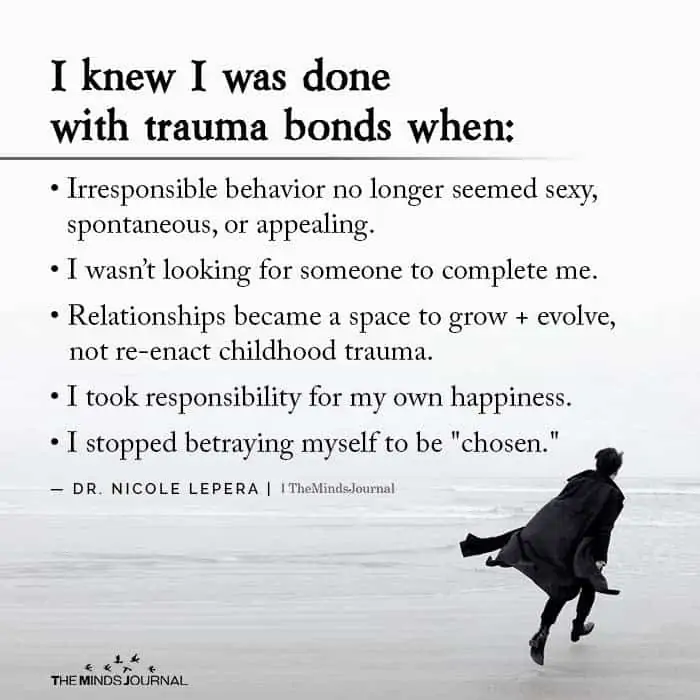
4. You become human again.
You learn a lot about yourself and you come face to face with your shadow self. This can make you feel insecure and can give you a negative feeling, but accepting these vulnerabilities makes you much stronger. You set new priorities and standards when it comes to happiness. You have become strong by having been weak. You are becoming human again!
5. You seek to be open-minded.
Your new bucket list includes finding the peace that monks can achieve. By being open-minded, you are able to meditate; there, you gain knowledge and find the balance and fuel to continue your journey, with purpose.
6. Fearless.
You have experienced so much fear in through this nightmare that nothing can make you more afraid. Unless, of course, if you allow your own thoughts to …
You’ve conquered an enormous transformation. You know who you are, what your goals and dreams are (life without a toothache). The relationships that you’ve kept throughout the PTSD are tight and safe. You know what it is like to lose yourself; and how to find yourself, to rebuild yourself. Now it’s time to win! You have seen the bottom and now you are ready for the top!
Related: Unraveling PTSD after Narcissistic Abuse
7. Self-love
It is awful to go through a PTSD breakdown; I know, I’ve been there. It’s like a living death. However, with some luck and dutiful work, you can survive (yes, really!).
Every day can be a fight but you also come away with knowledge and life skills from the lessons you went through. We learn to love ourselves honestly and we learn to take care of our mental and emotional health. Survival is balance and trust with the people and world around you (those you allow). Life can be good again; I know.
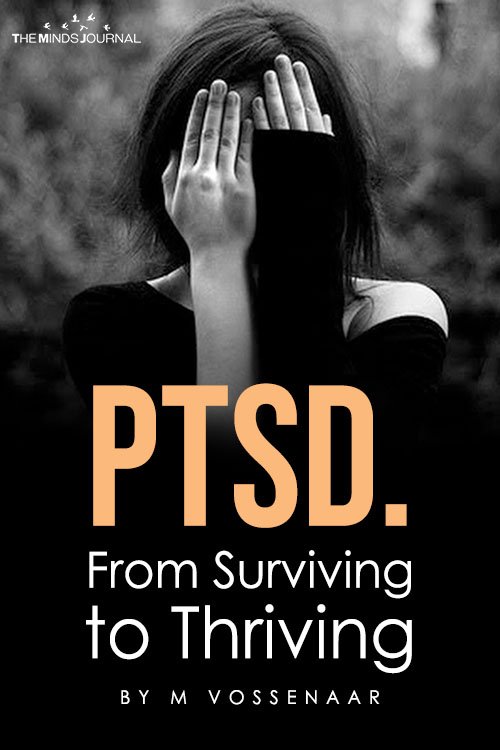
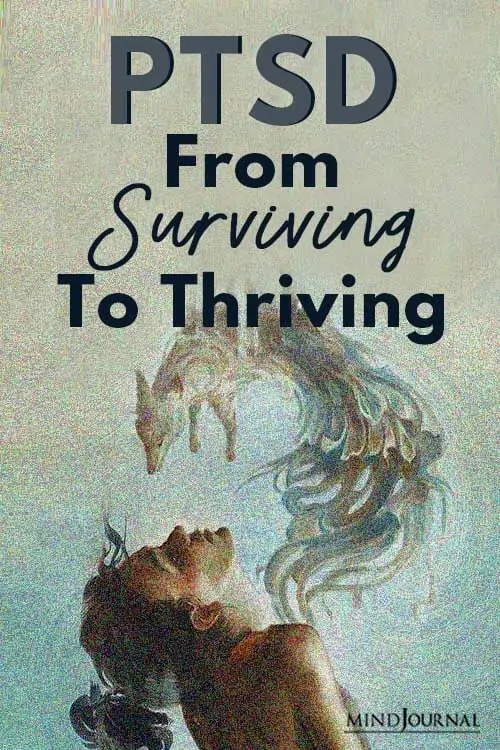
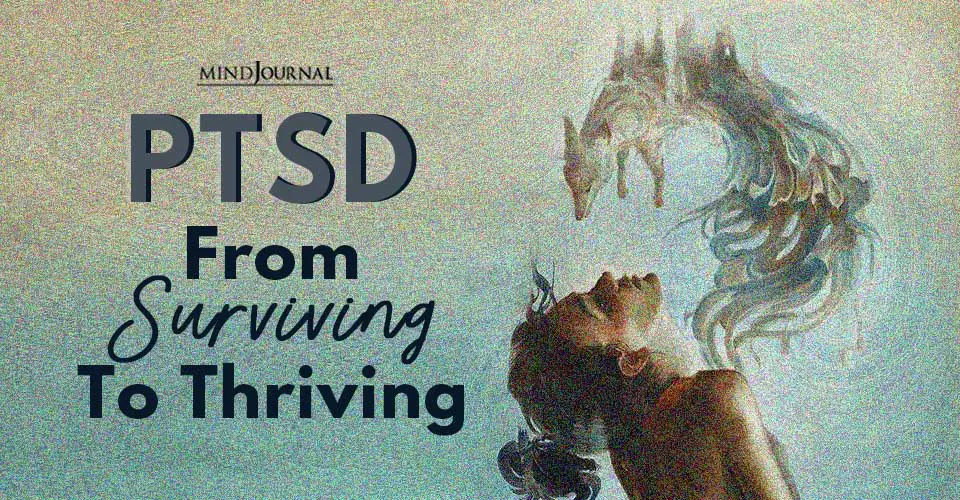





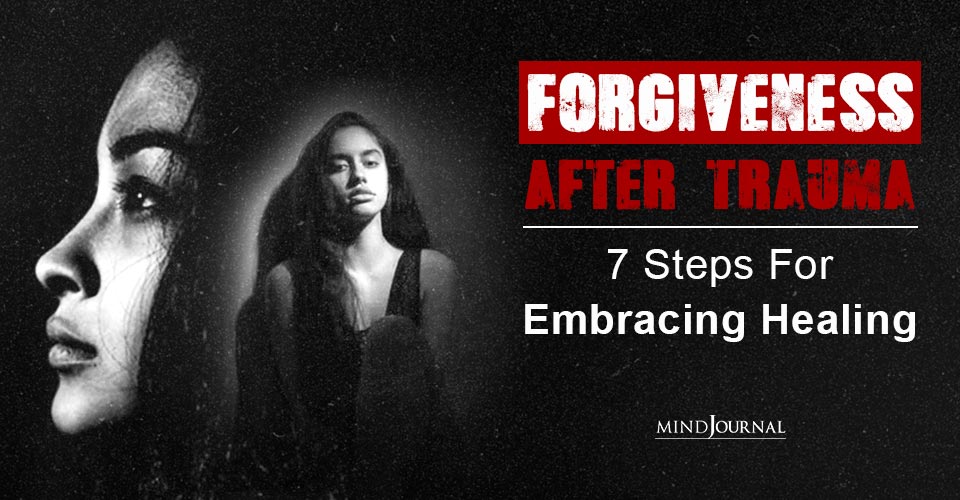

Leave a Reply
You must be logged in to post a comment.